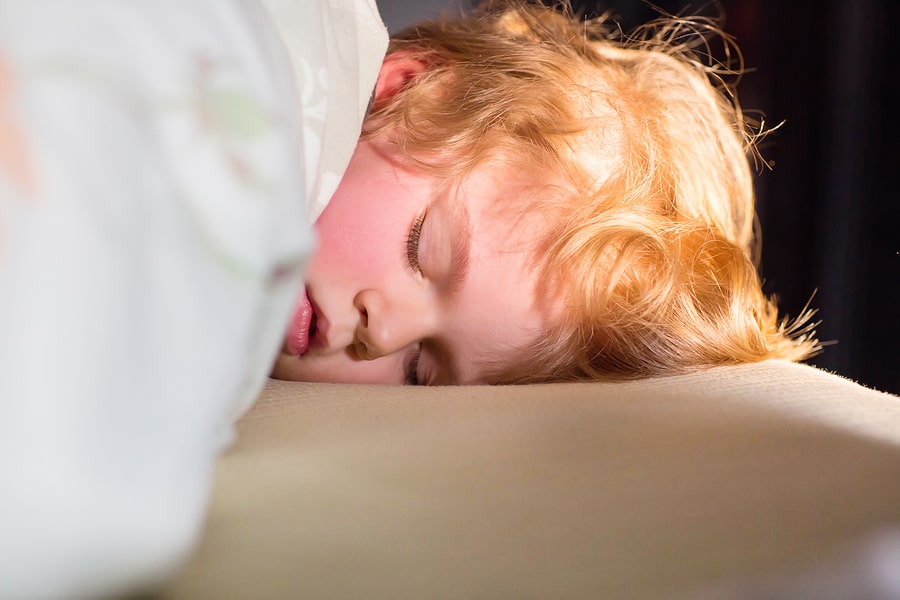Fun Family Vacations – Traveling with your Kids
With the winter cold in full swing, many of my patients are going south for some warmer weather. I think the best vacations for kids occur when parents are prepared and stress free. Here is what I suggest that you take along with you.
FLIGHT:
Flying with a toddler or baby can be a daunting task. I recommend that parents feed their children (e.g. breastfeed or bottle feed infants and give your older kids some water, milk or a snack) on the way up and down, to help their ears pop. Some kids may benefit from a dose of Ibuprofen before they fly, as I do, to mitigate ear pain.
For newborns and infants, I recommend that you add a sling or infant carrier to your baby-wearing gear. That way your infant is comfortable and you have your hands free. I find that most often babies will fall asleep and you can do whatever you need to do to get through the flight.
SUN:
All children should wear a wide brimmed hat and UV shirts and shorts to minimize sun exposure. A child’s delicate skin burns quickly! On areas that cannot be covered, like face and feet, I recommend a barrier sunscreen, such as one made from zinc. This is just like diaper cream and does not rub in well, but provides great sun protection without the chemicals. Look in your local pharmacy or natural food store. There are many zinc-based products!
BUGS:
Some locations have lots of mosquitoes. Mosquitoes can carry diseases such as Malaria and Dengue, and the itch is not fun. Avoid the outdoors from dusk till dawn, wear light colored long sleeves and pants when possible and use a low concentration Deet spray when needed. Citronella may help prevent bites in some, but not all kids. My boys are always attacked. For kids less than ten years, we recommend DEET 10% max; older kids can have 30%. Avoid contact with the nose, eyes and mouth.
BITE RELIEF:
Keep the area of the bite clean and dry. Benadryl spray or a mild steroid cream like hydrocortisone can take the edge off individual spots. Benadryl orally can decrease swelling and provide itch relief if the bites are widespread.
FOOD:
When food is kept at warm temperatures bacteria flourish, which is one reason many people get foodborne illnesses when traveling. Poor food handling procedures don’t help. Be cognizant of what you and your family are eating and how it is being prepared and stored. Fruits and vegetables that you can peel yourself or cook may be more desirable. Meats and dairy products that are not handled well are formidable threats. Children over two can take Dukoral, which helps prevent traveler diarrhea.
EXTRA VACCINES:
Malaria, hepatitis and cholera are some infections that are more common in other countries and can be prevented with certain vaccines. Check http://wwwnc.cdc.gov/travel/ to obtain more vaccine related information for the country you are traveling to.
A great family vacation is ahead of you! Have a wonderful trip! (I’m jealous!)











